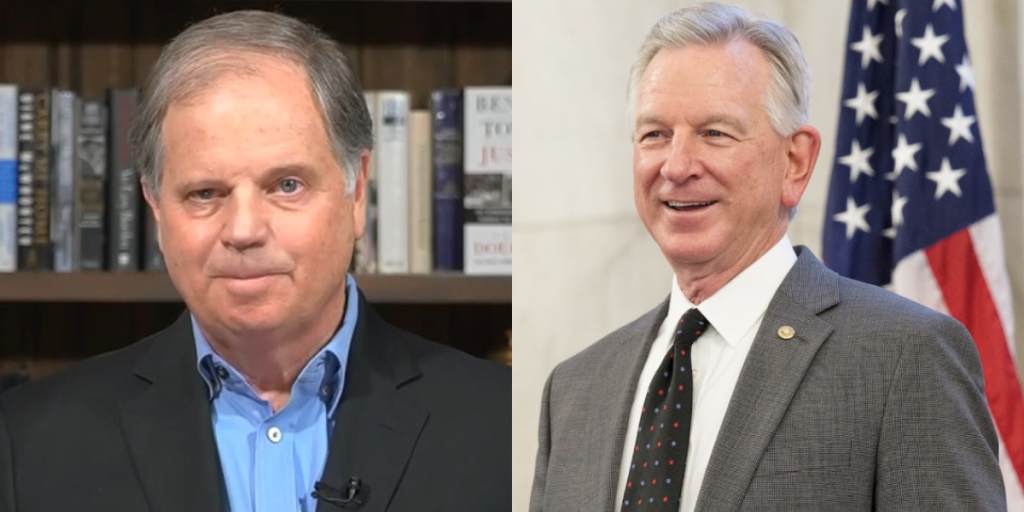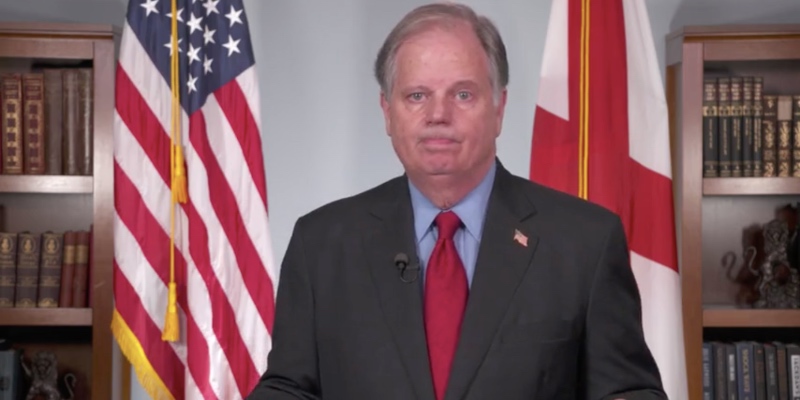The federal government would be required to release records from unsolved criminal cases linked to the civil-rights era under a bill proposed Tuesday.
Alabama Democratic U.S. Sen. Doug Jones, a former prosecutor who sent two Ku Klux Klansmen to prison for a racist killing, introduced the legislation, saying existing laws don’t go far enough to require the release of documents from the period. The bill would require officials to gather and make public records from unsolved, racially motivated crimes.
Speaking on the Senate floor, Jones cited reporting by the Clarion Ledger newspaper of Jackson, Mississippi, as helping uncover information that led to the prosecution of some people linked to decades-old crimes.
More than 100 unsolved cases remain, Jones said, and better public access could result in breaks in additional cases.
“Some were investigated a little, some were investigated a lot,” he said.
“But because these were state, not federal crimes, most were never really investigated at all.”
Jones is a former U.S. attorney who prosecuted two KKK members for a church bombing that killed four black girls in Birmingham, Alabama, in 1963.
Jones said the bill is modeled after one that mandated the release of records from the assassination of President John F. Kennedy.
The Justice Department is still reviewing a few unsolved civil-rights killings under a 2007 law that called for a fuller accounting of racially motived deaths from the civil-rights era, many of which had been closed for decades.
The law was named after Emmett Till, a 14-year-old black boy killed in 1955 after whistling at a white woman in Mississippi.
His killers were acquitted of murder, but later admitted their crimes to a reporter.
They could not be retried.
(Associated Press, copyright 2018)
Sign-up now for our daily newsletter and never miss another article from Yellowhammer News.













